Medicinal Chemistry 3 Group
Dr Gary Newton’s group designs and synthesises molecules that inhibit key pathways in the development and progression of cancer with the aim of developing new, safer and more effective treatments.
Research, projects and publications in this group
Our group's principal aim is the design and synthesis of novel molecules with the aim of developing new cancer drugs. Members of the group form the In Silico Medicinal Chemistry Group and the medicinal chemistry group of the Cancer Research UK Children's Brain Tumour Centre of Excellence.
Dr Gary Newton
Group Leader:
Medicinal Chemistry 3, Computational Biology and Chemogenomics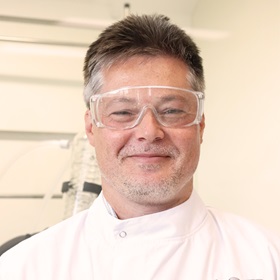
Dr Gary Newton is a member of the Centre for Cancer Drug Discovery where he applies his medicinal chemistry experience to validate new targets and develop effective medicines for the treatment of cancer. He has worked in biotech and contract research organisations over the course of 20 years, leading groups to discover a number of pre-clinical candidates.
Researchers in this group
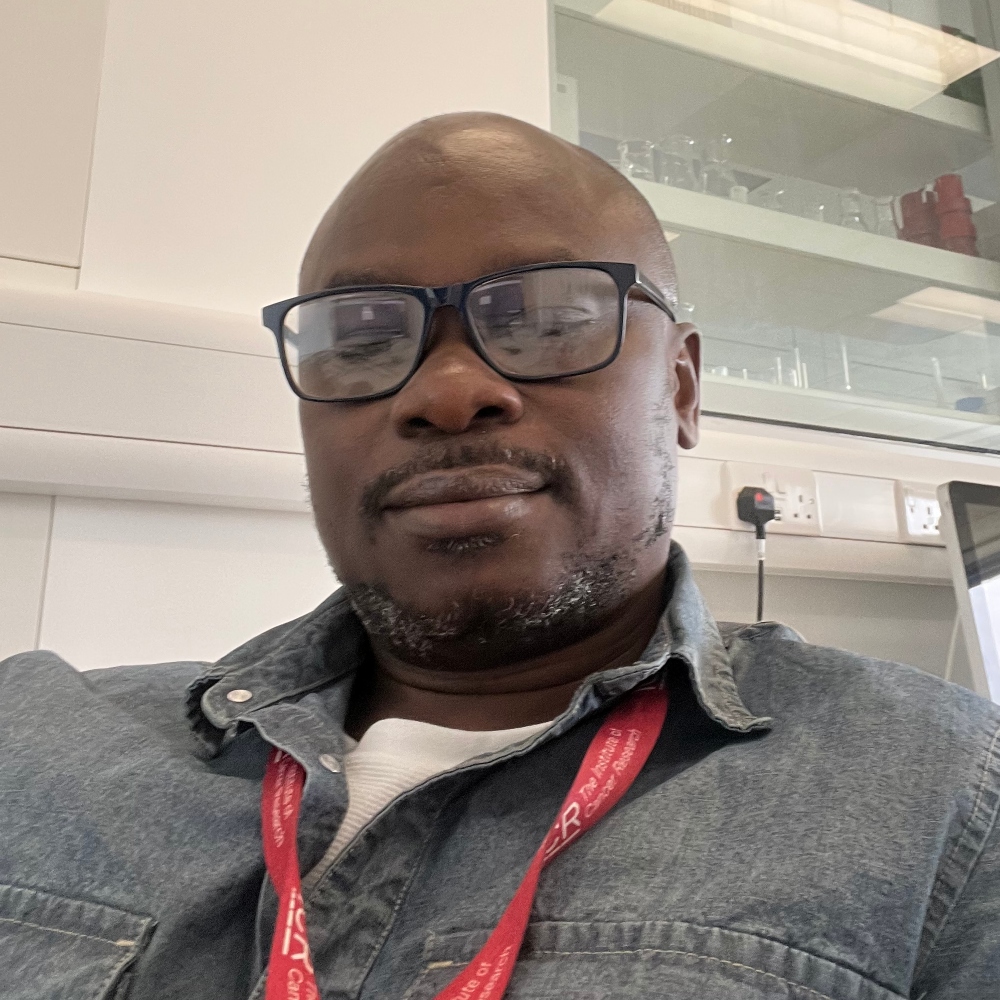 .
.
Ismaela joined the ICR in October 2020 as a Data Manager in the In Silico Medicinal Chemistry Team. He previously worked in the Global Clinical Trial Unit at Liverpool School of Tropical Medicine, Medical Research Council at LSHTM-Gambia and also at Noguchi Memorial Institute for Medical Research-Ghana. At the ICR, Ismaela is a core member of CTU-Cheminformatics resolving Dotmatics problems and supporting Dotmatics activities.
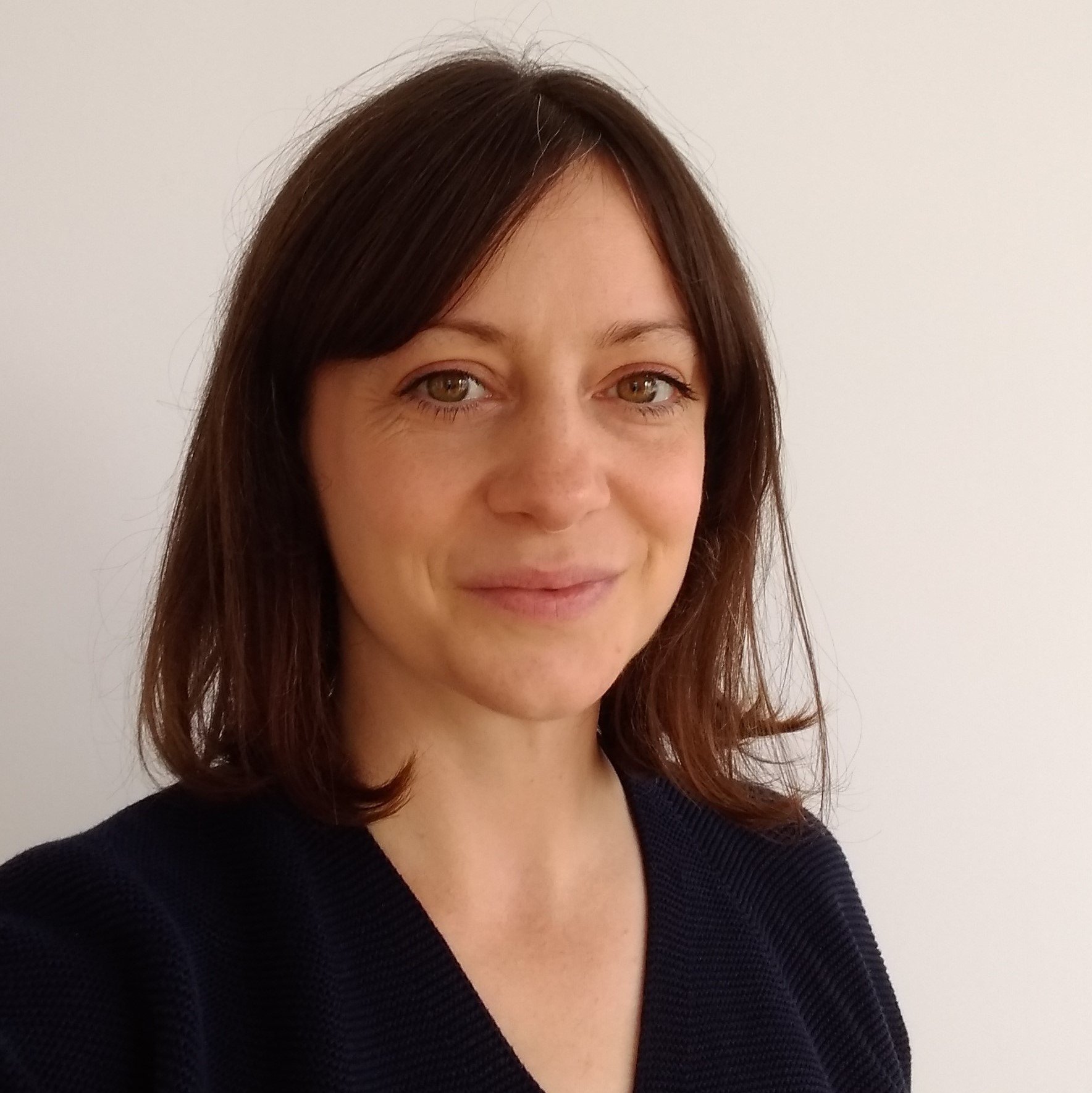 .
.
I am a medicinal chemist with a background in both anticancer and antimicrobial drug discovery. I joined the newly established Children’s Brain Tumour Centre of Excellence (CBTCE) in November 2019 and have been working in collaboration with the University of Cambridge to initiate the Centre’s first research projects. The aim of the CBTCE is to transform the way we develop treatments for children with brain tumours. I am interested in developing new small molecule therapeutics and chemical probes to interrogate cancer biology.
 .
.
Daniella is a PhD student in both the Medicinal Chemistry 4 and the In-Silico Medicinal Chemistry teams. Her PhD project will look at computational approaches to predict the water networks in the binding sites of proteins and is carried out in collaboration with AstraZeneca as part of the industrial CASE (iCASE) studentship scheme.
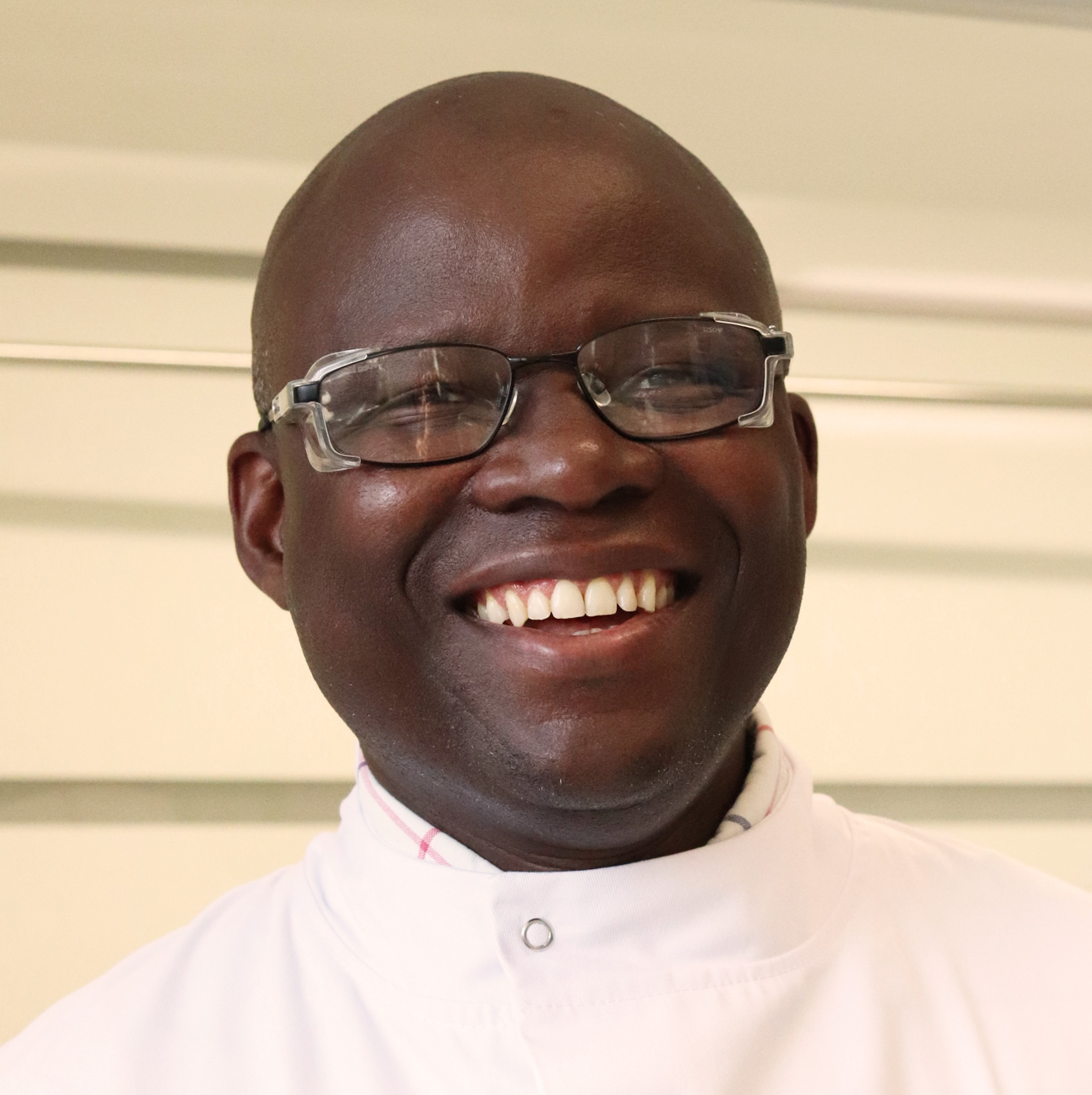 .
.
Andrew joined the ICR initially as a post-doctoral scientist before moving to industry to work as a senior medicinal chemist. He re-joined ICR in March 2021 as a Medicinal Chemist in the Centre for Cancer Drug Discovery. As part of his role, Andrew designs and synthesises compounds for various drug discovery projects. In addition, he has other responsibilities within the wider Medicinal Chemistry department including helping run the Medicinal Chemistry 3 lab.
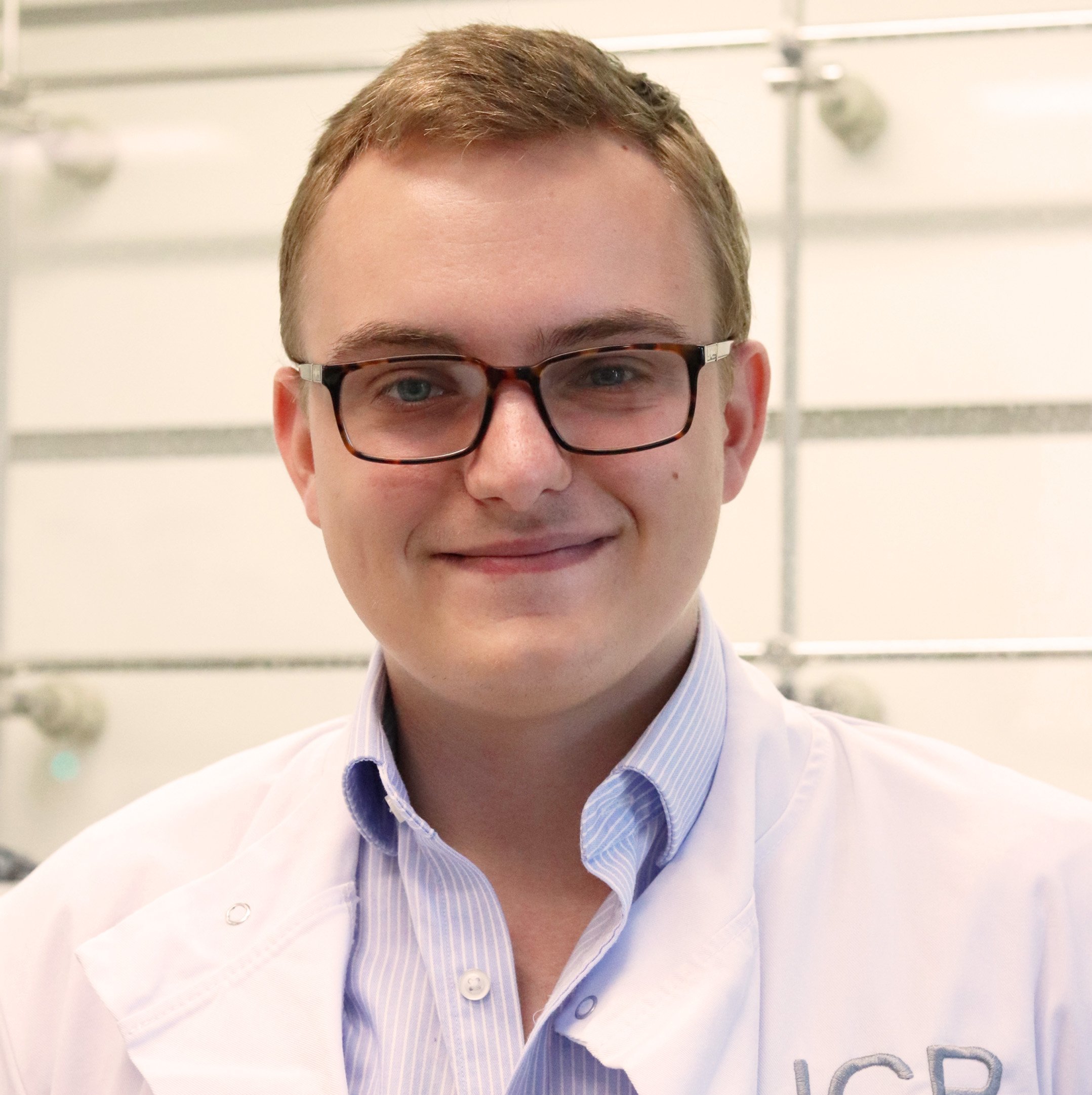 .
.
Alex is a PhD student in Medicinal Chemistry 3. He graduated from the University of York (MChem). He spent his Masters year as a RiCH intern at F. Hoffmann - La Roche working on medicinal chemistry in the neurology field. Alex’s PhD looks at the synthesis and design of small molecules for immuno-oncology applications.
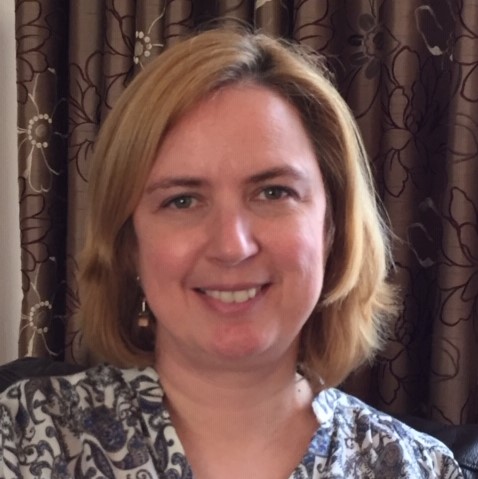 .
.
I'm a Medicinal Chemist working for the Chemistry Department. My main role is to synthesise compounds for drug development in which I apply my organic and medicinal chemistry knowledge. I also determine the solubility (by NMR and HPLC) and LogDs of our project compounds, which are important parameters in drug discovery. Apart from my research work at the ICR I'm also the Technician Commitment and Social Media representative of the Scientific Officers Association. My other interests involve the Athena Swan Programme and Public Engagement activities.
 .
.
Paul joined the ICR as a postdoctoral training fellow in the In Silico Medicinal Chemistry Team in 2021. He obtained his PhD in Canada at the University of Windsor in computational chemistry focusing on mechanistic studies of sulphur-containing enzymes. He is currently providing computational chemistry support to a number of drug discovery projects in the CTU, with a focus on targets for RNA helicases and immune response.
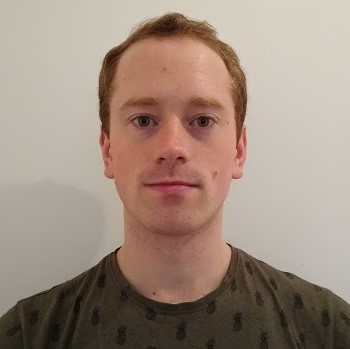 .
.
I am a medicinal chemist working within the Children's Brain Tumour Centre of Excellence on the synthesis of new compounds for the treatment of paediatric ependymomas.
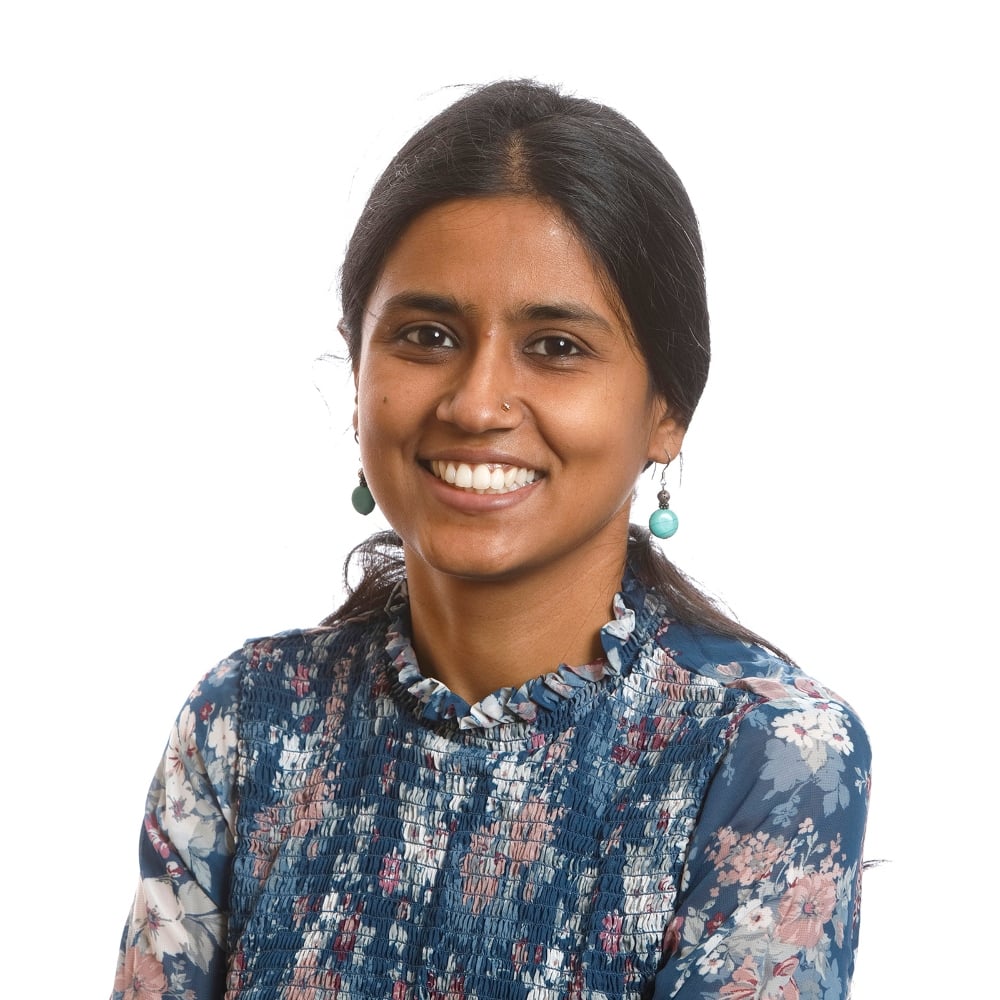 .
.
I am a Medicinal Chemist by training. I recently joined as a Postdoc (Aug 2022) in the Children’s Brain Tumour Centre of Excellence (CBTCE) Team which aims to develop targeted therapy for the treatment of brain cancer in children. My interests are drug design and synthesis for the development of targeted small molecule therapies for currently difficult to treat diseases.
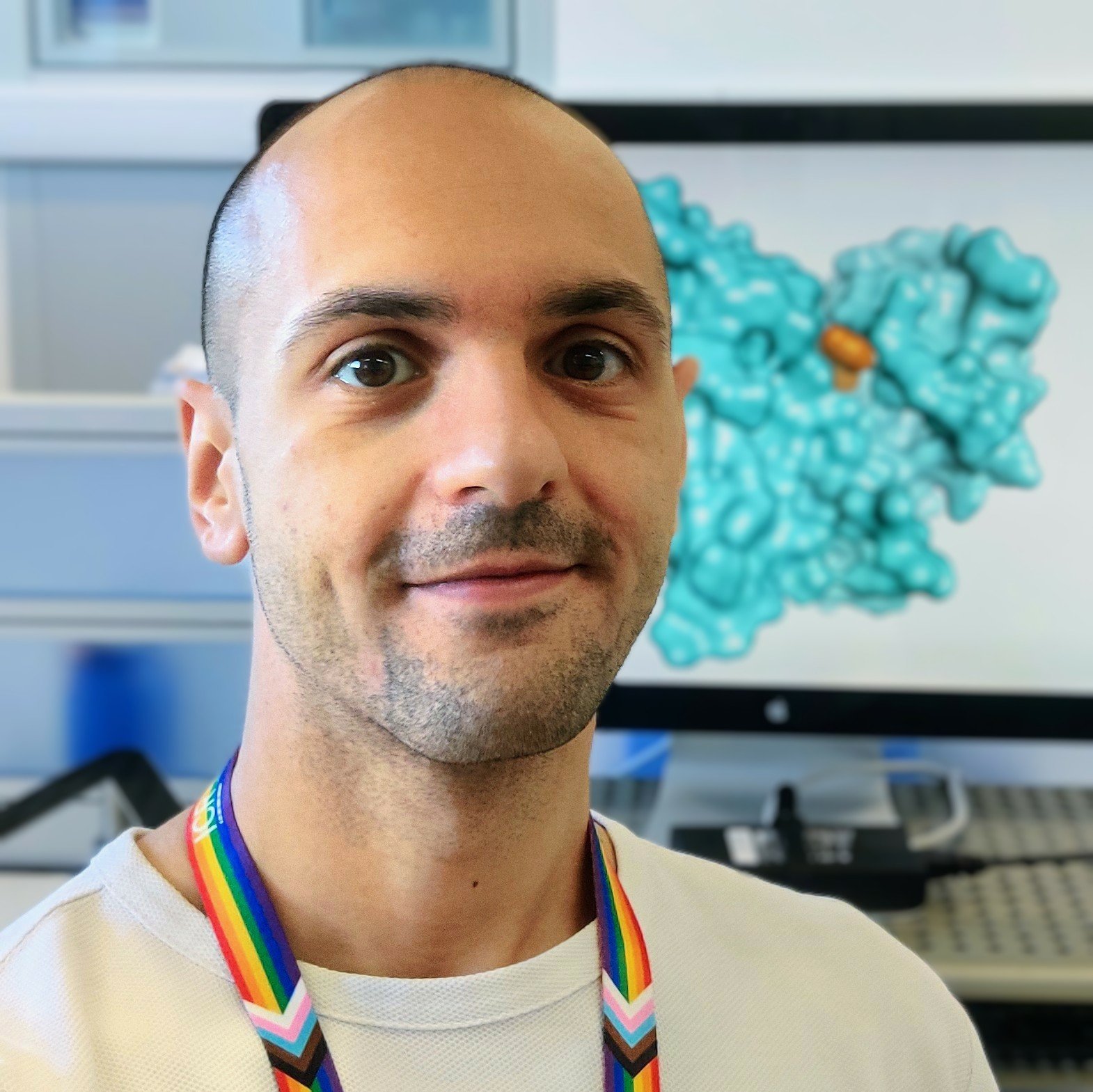 .
.
Andrea joined the ICR in July 2021 as a Postdoctoral Training Fellow in the In Silico Medicinal Chemistry Team. He previously worked in the Medicinal Chemistry group at the Research Centre for Natural Sciences in Budapest, where he completed his PhD focusing on the development of covalent docking protocols for drug discovery. At the ICR, Andrea applies computational methods to support the design of protein degraders and inhibitors as new cancer treatments.
Dr Gary Newton's group have written 21 publications
Most recent new publication 8/2023
See all their publicationsThe principal aim of our research is the design and synthesis of novel molecules with the aim of developing new cancer drugs.
Cytotoxic agents, which act by damaging the DNA of all cells, rely on the fact that cancer cells replicate more rapidly than normal cells and so are more susceptible to such toxic agents. Unfortunately, these drugs lead to wide ranging and debilitating side-effects.
As the result of our greater understanding of the biochemical pathways that drive cancers, we now have the opportunity to intervene in a more selective manner by inhibiting these aberrant pathways or by harnessing the patient’s own immune system to fight the tumour.
Our research in collaboration with our colleagues at The Institute of Cancer Research aims to identify novel small molecules which can modulate these pathways with the aim of developing new, more effective cancer drugs.
Within medicinal chemistry, we aim to develop small molecules that target particular proteins in various cellular pathways. This often starts with the invention and synthesis of chemical probes to study the pharmacological effects of inhibition of the target protein.
In addition, we use a variety of approaches to kick start our programmes including high throughput, virtual and fragment based screening. We seek to utilise a full range of modern synthetic organic chemistry to elaborate our hit molecules with the aim of generating compounds best suited to our particular molecular target. The interaction with structural biology and computational chemistry plays a key role in the design and optimisation of these potent selective molecules.
We subsequently carry out multifactorial optimisation of our compounds to turn them into potential anti-cancer drugs. Modulation of the physiochemical properties of our molecules plays a key role in ensuring that we not only have potent and selective molecules but also that we can achieve sufficient drug exposure in patients.
The multidisciplinary nature of drug discovery makes it a challenging and rewarding arena to work in, as in addition to specialist chemistry knowledge and skills, we have to possess and/or develop an understanding of the pharmacokinetics and biology involved. The strong and effective interaction between chemistry and biology within the Unit puts us at the forefront of academic drug discovery.
In addition to the directed drug discovery projects, we are involved in more fundamental aspects of research usually involving PhD students.
Targeting SRC in G4-Medulloblastoma
Primary supervisor: Dr Rob Van Montfort and Dr Gary Newton Primary site: Sutton Funded by Cancer Research UK-CBTCE (Paul Workman) Targeting SRC in G4-MedulloblastomaTargeting SRC in G4-Medulloblastoma
See full project detailsIndustrial partnership opportunities with this group
Opportunity: Discovering and developing small molecule inhibitors of ERAP1
Commissioner: Dr Esther Arwert
Recent discoveries from this group
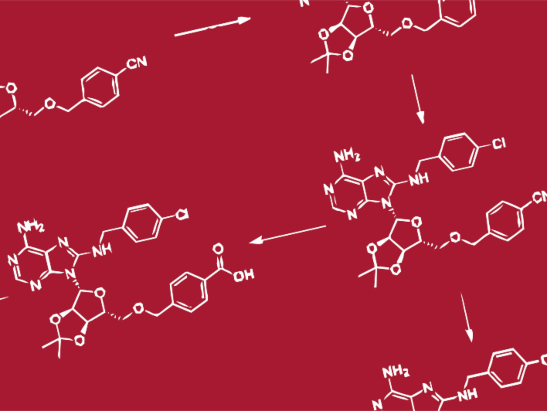
Scientists enhance new way to overcome resistance to targeted cancer treatments

Goodbye to one of our most inspirational teachers
.jpg?sfvrsn=2c69136e_2)
ICR PhD student chosen to speak at joint UK-India conference
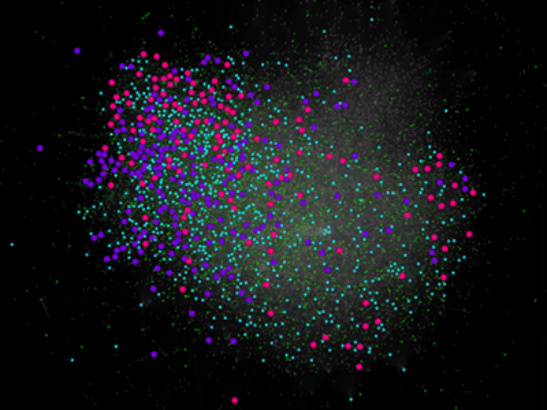
 .
.